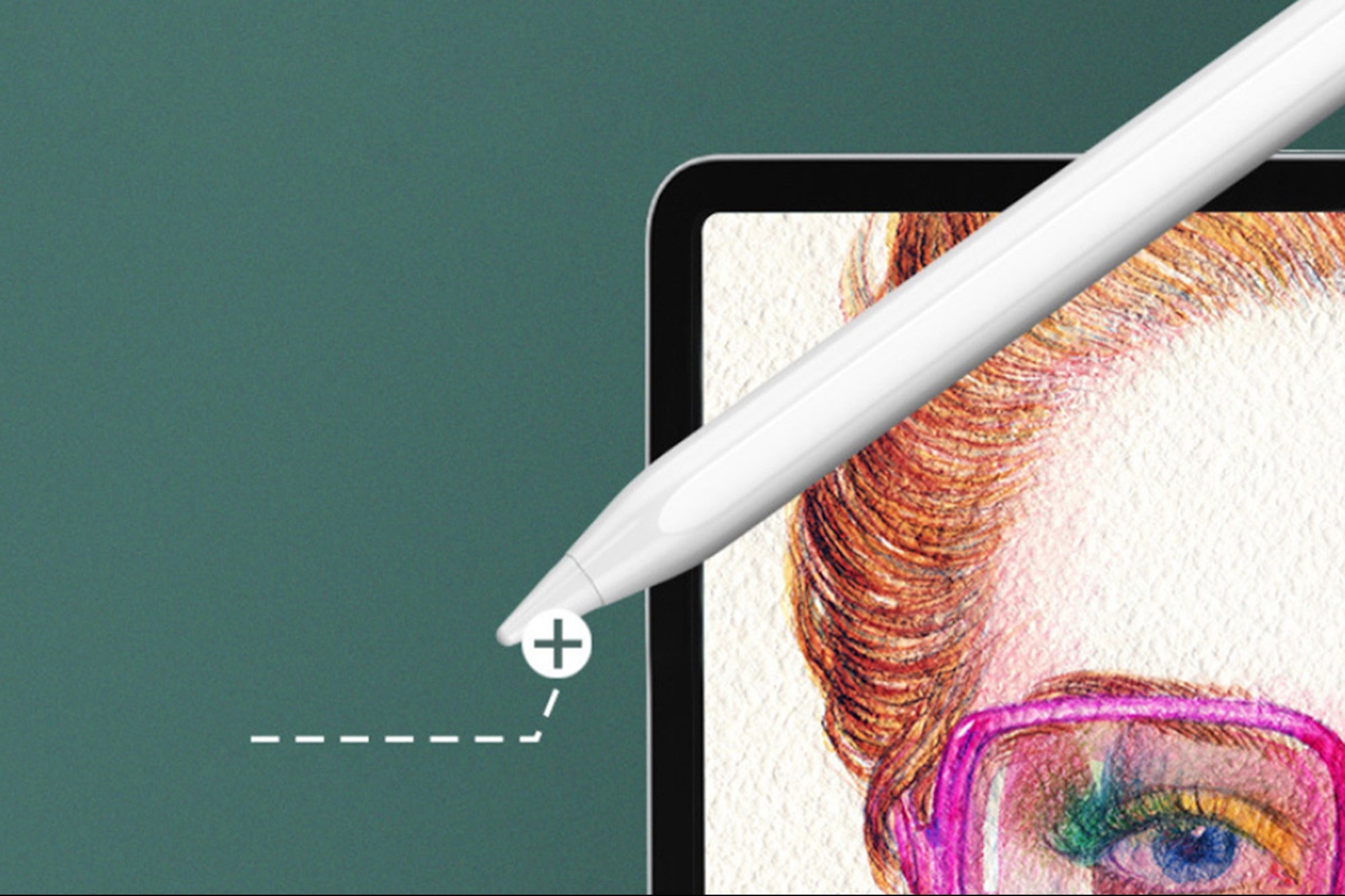Shark Tank's Lori Greiner on the No. 1 Mistake to Avoid When Manufacturing Your Product OverseasAssembling your products outside of the U.S. can be a lot like driving blindfolded. But it doesn't have to be. Not if you steer clear of this all too common pitfall. Take it from the 'Queen of QVC.'
Opinions expressed by Entrepreneur contributors are their own.
Back in 1996, in her first five minutes on the Home Shopping Network -- and on TV, ever --Shark TankstarLori Greinerknew she'd invented a smash-hit earring organizer. After only 300 seconds on the air, she'd sold all 2,000 units.
Five years and several successful products and patents later, the Chicago native, often referred to by fans as "the warm-blooded Shark," upped her game a notch. She designed a labyrinthine, multi-drawered deluxe earring organizer. Unlike her first one, this one would be crafted from wood, not plastic, and it would involve a lot of moving parts. The astronomical cost to manufacture it, which made making it stateside out of the question, was the biggest difference, though.
"It would have cost me as much to just make it in the States as what I could sell it for in the States," Greiner says. "It was absolutely cost-prohibitive to manufacture in America. I knew I'd have to go overseas. Going out of the U.S. was a way, way better deal, like a hundreds-of-dollars-per-unit better deal."
Related:Lori Greiner's Advice on How to Get Your Invention on Store Shelves
Manufacturing overseas -- in say in Cambodia, China, Bangladesh, Honduras or India -- is often cheaper. But it's not necessarily easier. Making the leap is the business equivalent of a trust fall.
"Bear in mind that when you manufacture overseas, you trade lower cost for higher risk, because you won't be able to keep as close an eye on the production process," Greiner writes inInvent It, Sell It, Bank It!(Ballantine Books, 2014), her new how-to guide for first-time inventors.
The stakes are even higher, she says, if you're a fledgling entrepreneur and can't afford to travel internationally to "inspect the factory with your own eyes." To judge for yourself if it adheres to ethical employment practices, abides by local environmental laws and generally operates in a way that's best for your bottom line.
Related:Investor Lori Greiner on Her Swim in the 'Shark Tank'
If you're anything less than vigilant in choosing exactly the right factory for your particular business, manufacturing products overseas can land you in all kinds of trouble -- legal and otherwise. Ultimately, it could even put you out of business. To do it right, Greiner says you have watch out for a host of potential pitfalls. "You can't afford to make mistakes."
The worst one you can make, she says, is failing to choose a good factory with a good reputation.
"Just hearing that a factory is honest and ethical, that you're getting what you pay for, isn't enough," Greiner says. If you can't visit the factory yourself, she advises paying a professional factory audit company to thoroughly vet the location in advance, inside and out. The factory audit services she lists in her book areBureau Veritas,IntertekandSGS.
Related:How These Parents Went From Sleepless Nights to Pitching a Million-Dollar Business on 'Shark Tank'
Representatives from inspection companies like these can ensure you that prospective manufacturers are "not using child labor, that working conditions are good, and that you will be getting a high-quality product."
They should also provide you with a list of local safety laws and regulations that you need to follow so you can be sure your product is compliant. For example, many types of wood products, as Greiner points out in her book, must be treated with specific flame retardants. Also, certain wood adhesives and aerosol coatings "once allowed are now banned." A qualified factory inspector should keep you abreast of critical considerations like these and much more.
Eventually, once your overseas production is humming along nicely and profits start rolling in, Greiner strongly suggests you set aside time and money to check out the factory yourself, in person.
"I always think it's a smart move to have your eyes on everything in your business, everywhere. Go see your factory with your own eyes when you're in a position to. No one knows your business better than you do and you have to see every aspect of it for yourself."











